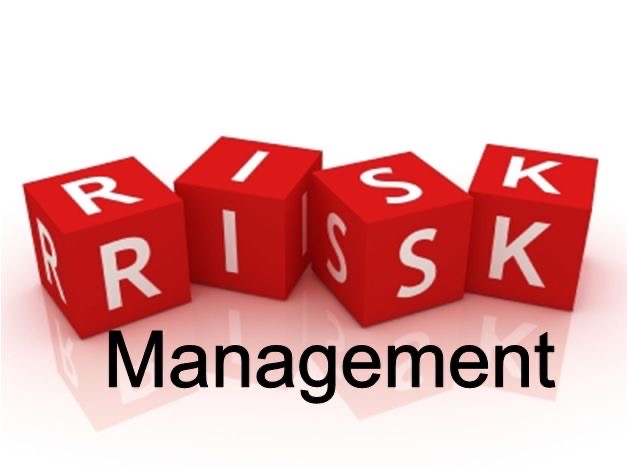The term “Trump Tax Cuts” refers to the Tax Cuts and Jobs Act (TCJA) signed into law by President Donald Trump in December 2017. The TCJA was the most significant overhaul of the U.S. tax code in more than 30 years, reducing tax rates for individuals and corporations.
Understanding the Trump Tax Cuts
1. Key Provisions
The TCJA made several key changes to the tax code. It reduced the corporate tax rate from 35% to 21%, nearly doubled the standard deduction, and limited or eliminated several itemized deductions. It also changed the way U.S. multinationals are taxed on their foreign income.
2. Impact on Individuals and Corporations
The tax cuts had significant implications for both individuals and corporations. For individuals, the TCJA lowered tax rates across all income brackets and nearly doubled the standard deduction. For corporations, the TCJA reduced the corporate tax rate and moved the U.S. toward a territorial tax system.
3. Trump Tax Cuts
- Reduced Tax Rates for Businesses and Individuals: The law lowered tax rates across the board, but the top marginal rate for individuals dropped from 39.6% to 37%, and the corporate tax rate dropped from 35% to 21%.
- Increased Standard Deduction and Family Tax Credits: The standard deduction nearly doubled for all taxpayers, which can benefit higher-income individuals who do not itemize their deductions. The child tax credit also doubled, which can benefit wealthier families who previously may not have qualified for the credit due to income phaseouts.
- Elimination of Personal Exemptions: While this change impacted all taxpayers, the effect was offset by other changes in the law, such as the increased standard deduction and child tax credit.
- Changes to Itemized Deductions: The law made several changes to itemized deductions, such as capping the state and local tax deduction at $10,000 and limiting the mortgage interest deduction to loans of up to $750,000. These changes mainly affected higher-income individuals who were more likely to itemize deductions.
- Reduction of the Alternative Minimum Tax (AMT): The law reduced the number of individuals who are subject to the AMT by increasing the income exemption levels and phaseout thresholds. This change primarily benefited higher-income individuals, as they were more likely to be subject to the AMT under the old law.
- Elimination of the Corporate AMT: This change benefited corporations by simplifying their tax calculations and potentially reducing their tax liability.
- Doubling of the Estate Tax Exemption: The law doubled the estate tax exemption, significantly reducing the number of estates that would be subject to the tax. This change primarily benefited wealthier individuals who have larger estates.
- Permanent Corporate Tax Cuts: While individual tax cuts are set to expire in 2025, the corporate tax cuts are permanent. This primarily benefits corporations and potentially their shareholders, who are often wealthier individuals1.
Pros and Cons
Like any major policy change, the Trump tax cuts have their pros and cons. On the positive side, proponents argue that the tax cuts stimulated economic growth, increased corporate investments, and boosted job creation.
On the downside, critics argue that the tax cuts disproportionately benefited the wealthy and corporations, increased the federal deficit, and failed to deliver on promises of sustained economic growth.
The Debate Over the Tax Cuts
The Trump tax cuts have been a topic of debate since their inception. Some argue that they were a necessary stimulus for the economy, while others argue that they exacerbated income inequality and failed to deliver on their promises.
The tax cuts represent a significant overhaul of the U.S. tax code. While they have undoubtedly had a major impact on the economy, the debate over their effectiveness and fairness continues. Understanding the provisions and implications of the tax cuts is crucial for anyone interested in tax policy and economic inequality.













